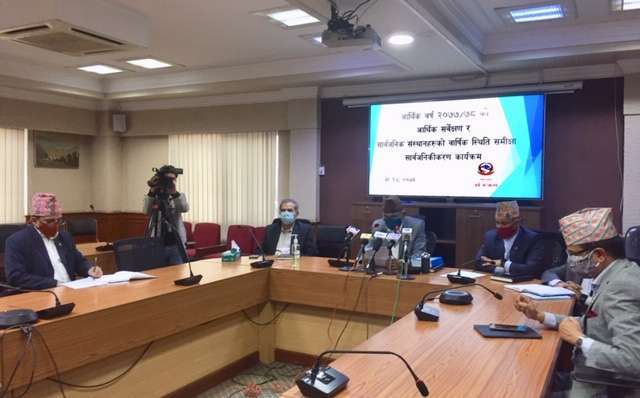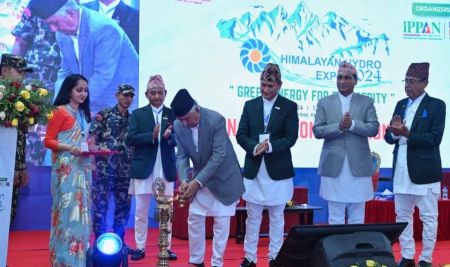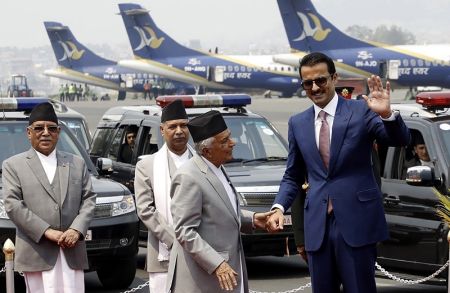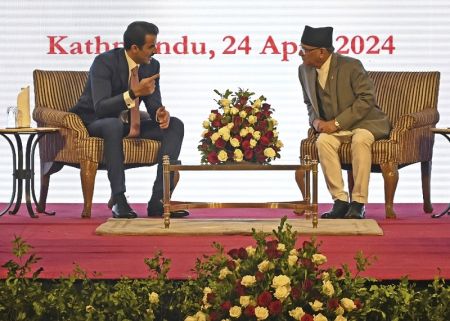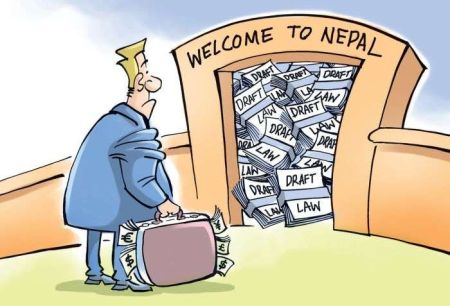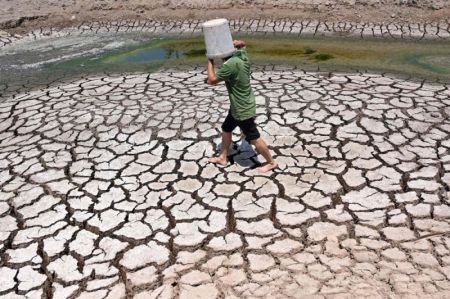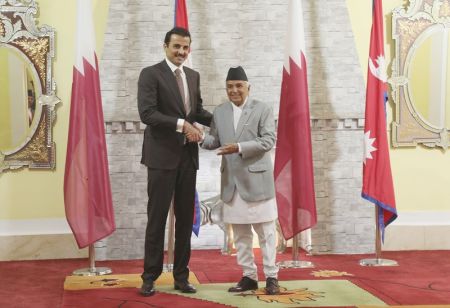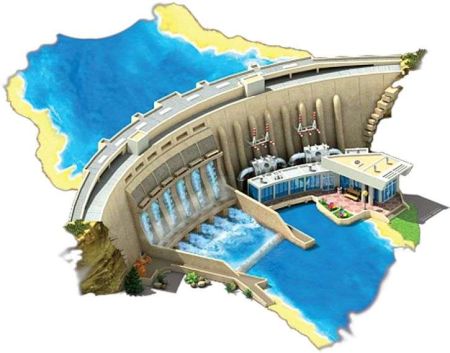May 28: The federal government has expanded 1,338 km of new roads that include 284 km of mud roads, 504 km of gravel roads and 550 km of black-topped roads in the first eight months of the current fiscal year (FY 2020/21).
Releasing the report of the Economic Survey 2020/21 on Friday, the Ministry of Finance said that the total length of roads has reached 33,528 km as of mid-February including 15,974 km of black-topped roads, 8,582 km gravel roads and 8,972 km of mud roads.
Releasing the survey report amid a virtual ceremony, Minister for Finance Bishnu Prasad Paudel claimed that the government achieved a significant progress in infrastructure development and transportation sector during the review period.
While the government is required to present the Economic Survey at the Federal Parliament, Finance Minister Paudel released the survey report amid a virtual press conference as the House of Representatives was dissolved by President Bidya Devi Bhandari last Friday upon the recommendation of Prime Minister KP Sharma Oli.
According to the survey report, the government built 129 new bridges in the review period compared to 210 bridges constructed in the last fiscal year (FY 2019/20).
Likewise, the Economic Survey shows that access to insurance reached 23.4 percent of the total population by mid-March 2020 compared to 22 percent in the same period last year.
Addressing the virtual press meet, Finance Minister Paudel said that the country's major economic indicators are positive despite a shrink in economic activities due to Covid-19.
Though the Central Bureau of Statistics (CBS) had made a preliminary estimate of 4.01 percent of economic growth in the current fiscal year, economists say that the GDP growth is likely to remain way below the estimate of CBS which was based on an assumption that the prohibitory period imposed in many parts of the country to contain the second wave of coronavirus would not last more than two weeks. However, the prohibitory period in Kathmandu Valley, which started on April 29, has been extended till June 3.
Finance Minister Paudel pointed to lower average inflation, increase in revenue collection and mobilization of international assistance, improvement in external sector position, stock market rally and progress in human and social development, among other indicators, to paint a rosy picture of the economy.


